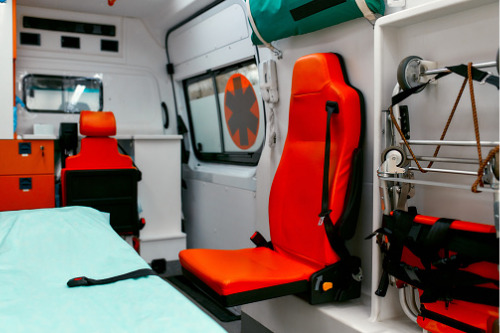

The Insurance Council of Australia (ICA) and its members have welcomed the adoption of Emergency Management Australia's (EMA) updated disaster response protocol.
During the recent storm that hit South Australia, Victoria, and Tasmania, the ICA identified a barrier preventing insurers from helping their customers, despite the declared insurance catastrophe. That barrier was the pandemic-related border regime in some areas subjecting insurance disaster responders to several restrictions, including prohibited entry altogether or having to quarantine for 14 days.
Now, the ICA confirmed that all states, territories, and the Commonwealth Government adopted the EMA's updated protocol that classifies insurers' disaster response personnel as emergency responders – which means communities can access more timely and consistent help from insurers in a crucial period immediately after a disaster.
“Timely deployment of insurers' personnel and contractors to assist customers in the immediate aftermath of a severe weather event is essential in assisting communities to recover and rebuild,” said ICA CEO Andrew Hall.
The ICA has also welcomed the EMA protocol's new measure limiting to within 72 hours the processing times for cross-border applications to deploy personnel.
However, it noted that more can be done to reduce red tape and speed up the approvals process by replacing ad-hoc state-based approvals procedures with a nationally consistent approach.
In its Industry Action Plan, the ICA is calling on the state and federal governments to urgently agree to a nationally consistent approach to the movement of fully vaccinated insurance disaster responders across state borders.
“While we welcome the inclusion of insurers in the emergency deployment protocol and the requirement that cross-border approvals be processed within 72 hours, more can be done to better ensure communities have more timely access to the help they need,” Hall said.
“Exemptions to allow insurance disaster responders to enter a state have to be negotiated every time a border is closed, and in some cases, are being declined. The result is uncertainty, delays, and setbacks for families and businesses just trying to get their lives back on track.”
